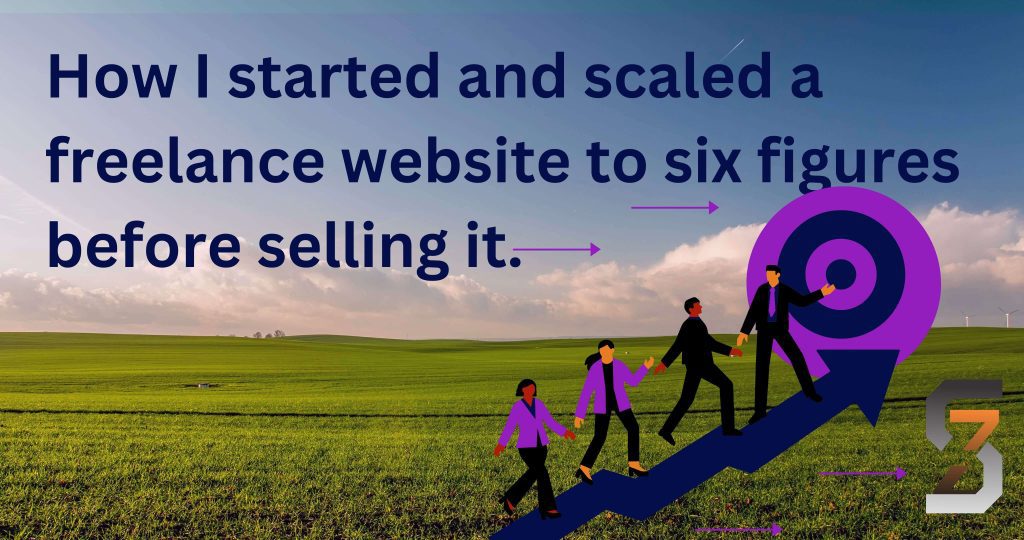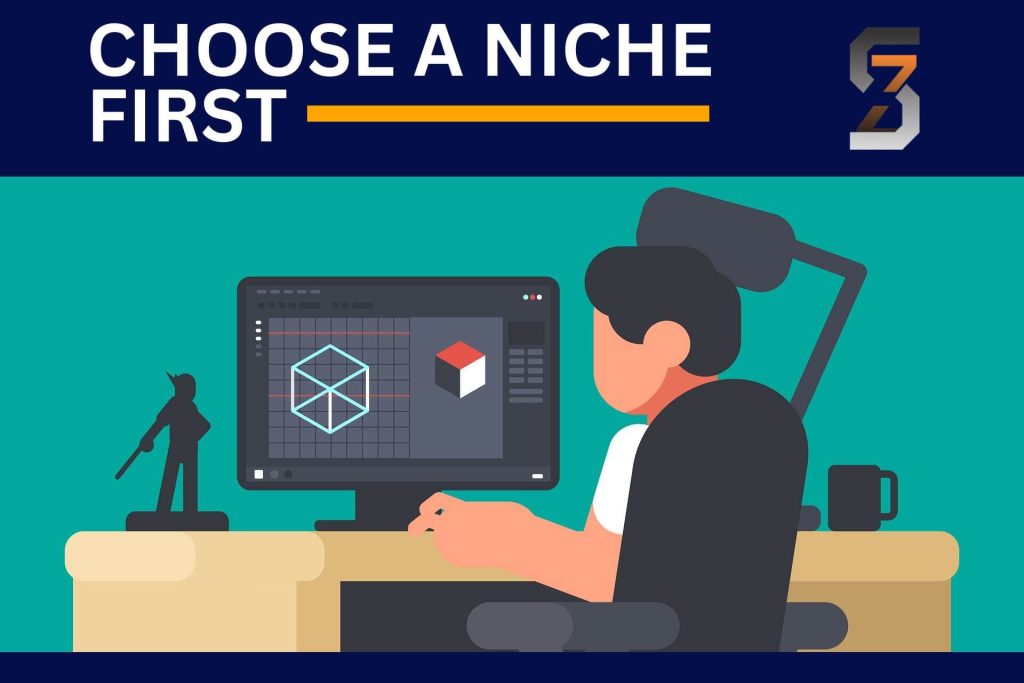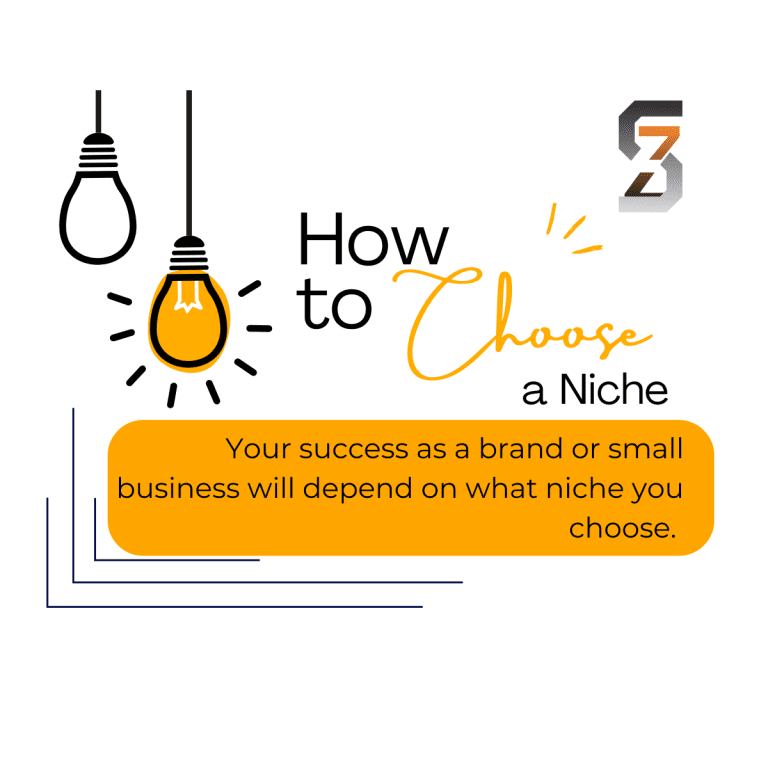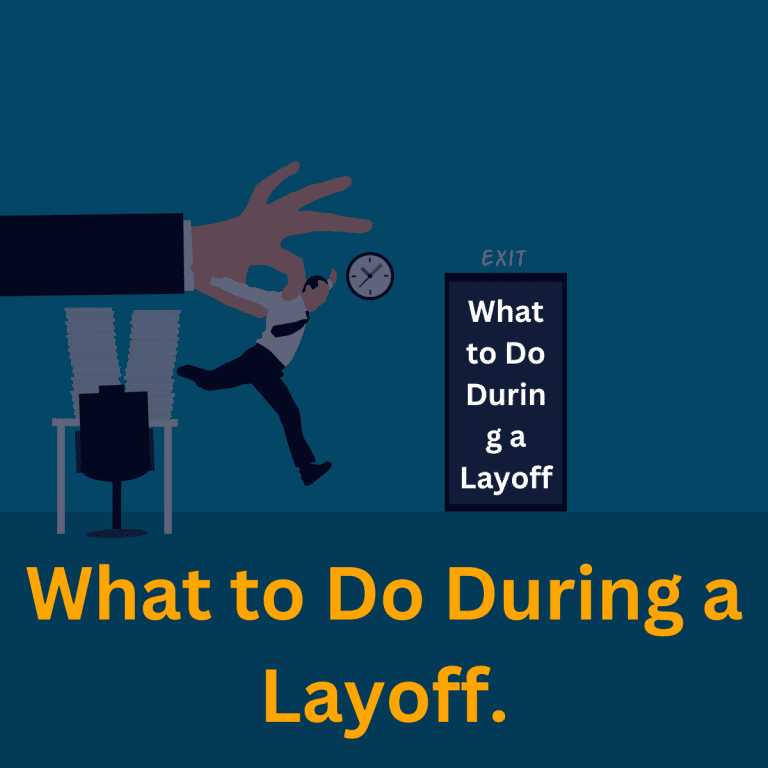Please Follow us on social media >>>>
How I Started and Scaled a Freelance Website to Six Figures Before Selling It.
Starting a successful niche freelance business and scaling it to six figures might sound like a dream.
But it’s a reality for countless individuals who found freedom and flexibility through freelancing.

If you want to be among the few that knows how to start and scale a freelance business, then read on.
The freelancing world offers a great career path where you can be your own boss, choose your projects, and work on something you’re passionate about.
Today, I want to share some key insights and strategies to equip you for this exciting freelance journey!
But first take it from someone who has done it before. To start and scale a freelance business is not as difficult as the gurus make it out to be.
To do this, we will start from the very basics. But first, let’s look at the statistics on freelancing:
Latest freelancing statistics:
According to Freelance Forward 2022 by Upwork: There is a significant increase in the U.S. workforce turning to freelancing, with 39% or 60 million Americans engaging in freelance work.
The study also notes that freelancers contributed approximately $1.35 trillion to the U.S. economy in annual earnings, marking an increase from the previous year
Now compare that with the same study in 2023.
The 2023 edition of the Freelance Forward survey found 64 million Americans, performed freelance work, contributing approximately $1.27 trillion in annual earnings to the U.S. economy
Exploding topics gathered 57+ statistics on freelancing from different sources. Among them is that nearly half of the workers worldwide are freelancers, with the global freelance platform market valued at $3.39 billion
The truth is that, not all who start freelancing will make sales or get any gig. But if you follow the right system, you increase your chances of getting results.
So, I take it upon myself to show you How I succeeded.
Pick Your Freelancing Niche:

When approaching freelancing, you have two options. Go it all or narrow it down.
if you are an individual, it may be best to choose a narrow niche instead of trying to be a master of it all.
Here are the two approaches:
- General vs. Specific: Don’t try to be everything to everyone. Target a specific type of freelancer (writers, virtual assistants, or web developers) or a specific industry (e.g., freelance writing for the tech industry).
- Your Expertise: Consider what freelancing area you have experience and passion for. You’ll be more credible and engaged in that niche.
Focus on quality original content in your niche.
There is a lot of hype about content being king. But many of the contents on the web are nothing more than regurgitated digital noise.
But, with proper planning, you can make a success of your freelancing career with top-notch content.
Let me show you how to do it.
- Problem-Solution content: Focus on the challenges your potential clients face and provide valuable solutions. This could be finding clients, managing finances, or productivity tips.
- Mix it up: Offer a variety of content formats, like blog posts, case studies, and interviews with successful business owners or those you have helped achieve something positive.
- SEO Optimization: Research keywords that potential clients might use and integrate them naturally into your content to improve search ranking.
Building trust and authority in your freelancing business:
Showcase Expertise: Share your own freelancing experience and insights. The best place to do this is to sign up on LinkedIn.
According to a study by Payoneer, 74% of freelancers use social media to promote their services
Credibility: Guest posts on established freelancing blogs or websites will help you show that you know what you are talking about.
Community Building: Create a forum or social media group for freelancers to connect and learn from each other.
Use LinkedIn is a good place to start creating and building connections.
Monetization Strategies for freelancer:
At some point, you will want to have additional means to monetize your content. that is fine. To monetize your content, consider the following:
- Affiliate Marketing: Partner with freelancing platforms or service providers and earn commissions for referrals.
- Offer Courses or eBooks: Create in-depth guides or tutorials on specific topics relating to your niche.
- Freelance Marketplace: If you have a large audience, consider building a marketplace where freelancers and clients can connect.
You can get an idea from any one of the following freelance marketplaces: (Although in my case, I did not create a freelance marketplace, but had an email list of freelancers)
- UPwork
- Insolvo
- Freelancer.com
- Fiverr
Additional tips to be serious with your freelancing:
I strongly recommend that you build a website. this will show your prospects that you are serious about freelancing.
Your clients can have someone to look you up when they need your services.
While designing your website, pay attention to the following:
Mobile-Friendly Design: Ensure your website is easy to navigate and read on all devices.
Email List Building: Encourage visitors to subscribe to your email list for exclusive content and updates.
Promote Your Site: Utilize social media marketing, guest blogging, and online communities to reach your target audience.
These are the basics of How to start and scale a freelance business. And it is the exact same approach I used that made me a successful freelance business in less than 2 years.
If you copy my examples as mentioned above, with some dedication, you too can succeed.








